Abstract: Coral Reef Islands (CRIs) support key colonies of tropical seabirds, whose long-term sustainability is under growing threat from climate change and small-scale, island-specific pressures such as invasive species or human disturbance. Unlike most compartments of reef ecosystems, CRI seabirds have been poorly studied from a biogeographical perspective, which questions the relevance of existing conservation policies. Here, we investigate the effects of ecological, geographical and anthropogenic drivers on the diversity and abundance of CRI seabird communities, using survey data acquired over the 2000–2023 period in 100 CRIs of New Caledonia, South-western Pacific.



 Your new post is loading...
Your new post is loading...


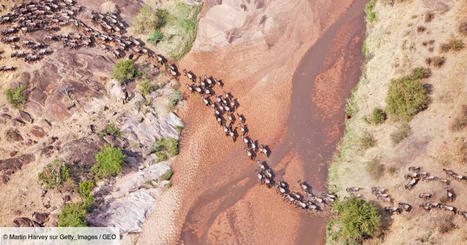
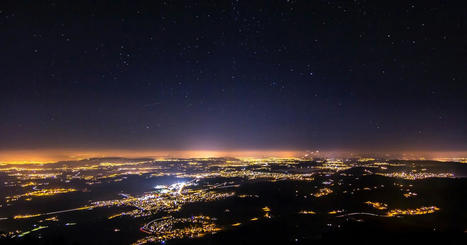
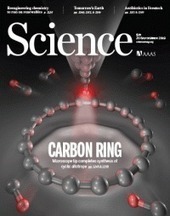
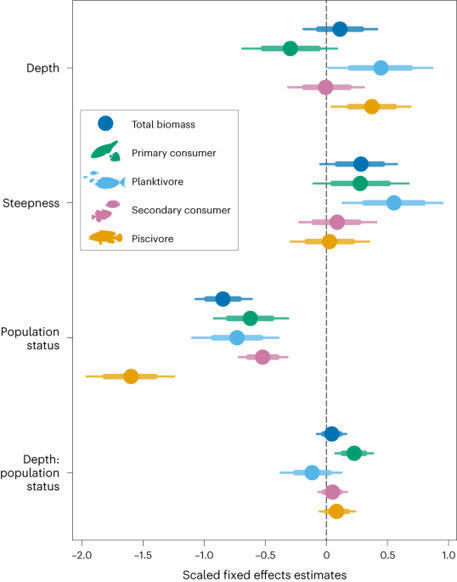
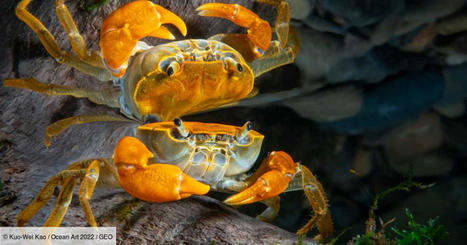

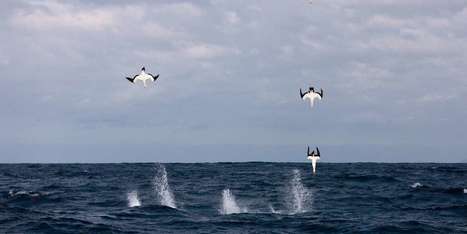





Tristan Berr, Alexandre Millon, Pascal Dumas, Poetea Guehenneuc, Fany Perez, Hélène De Méringo, Julien Baudat-Franceschi, Matthieu Le Corre, Éric Vidal, Global Ecology and Conservation,Volume 48, 2023, e02732, https://doi.org/10.1016/j.gecco.2023.e02732